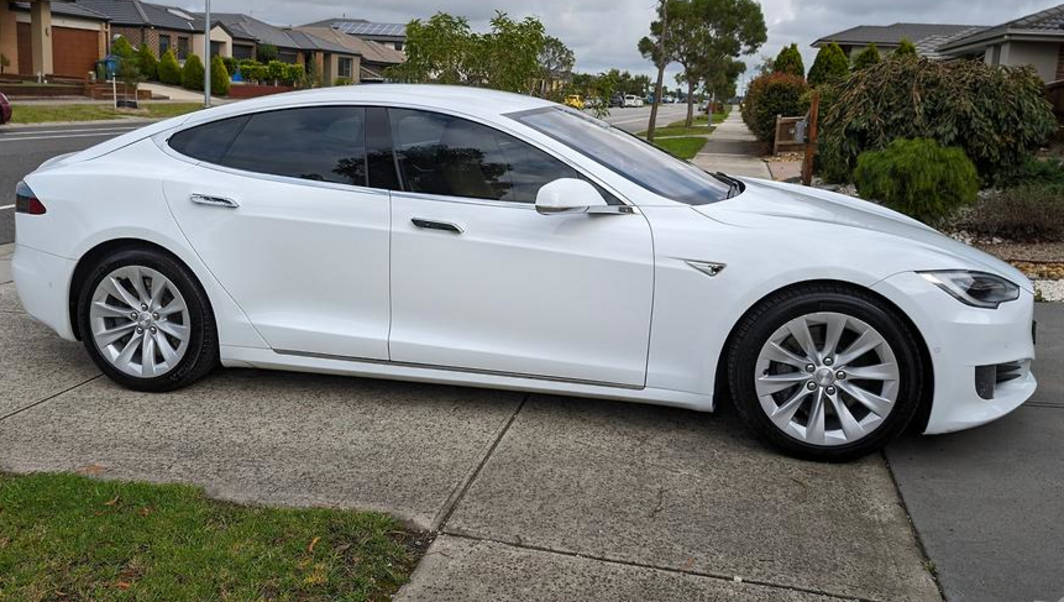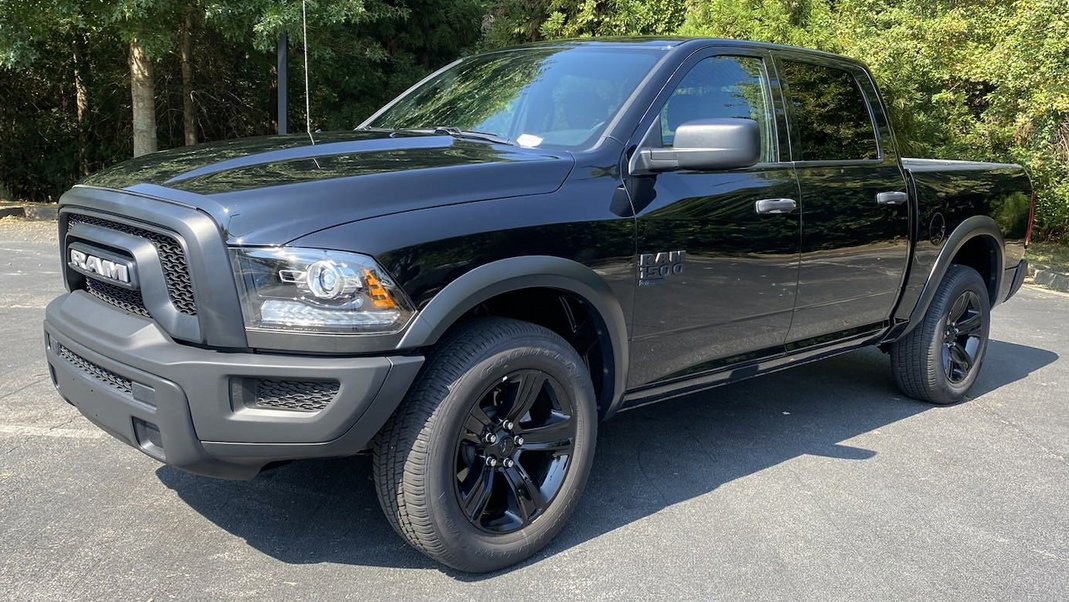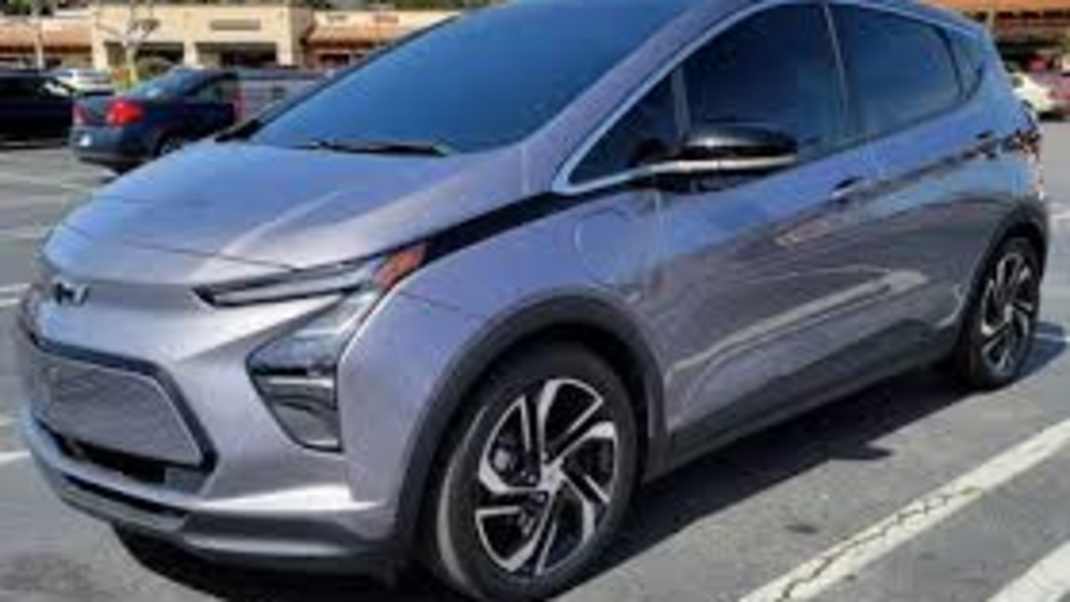Welcome to Gov-Auctions.org Step-By-Step Auto Auctions School
Our FREE 5-day Comprehensive Tutorial WILL make you a confident purchaser at any auto auction.
This is a summary of what we will teach you:
Day 1 (see below) – Full introduction! Your Tutorial starts with an overview of what’s involved with actually locating reputable auto auctions. We will cover the whole process, from registration all the way through to driving out from the auction house with the car of your choice having paid far less than known market value.
Day 2 – All the important stuff! Now we start looking at each individual step involved in making a successful purchase. We will explain the importance of being well prepared for bidding on the vehicles you are interested in. How do you secure the true history of the vehicle? What about the title, is it really clean? These and many related "must-know-answer-to" questions will be thoroughly addressed on Day 2 including how to carefully inspect an auction vehicle. Don’t miss school this day folks!
Day 3 – "Secure best deal day". You will learn how and where to find out the true market value of the car you are interested in. We will give you hands on winning bidding strategies, which are proven to save you many dollars when bidding.
Day 4 – Special coverage of On-line Car auctions. The advantages of government online auctions are numerous. Not only do they give you a much wider "catchment area" but most online auctions also offer you online searchability of available vehicles. We will give you the necessary information, such as logistical considerations for purchasing interstate vehicles.
Day 5 – Final day! We will summarize the main lessons learnt, but most importantly we will also look at answering relevant questions, such as how you can obtain an extended warranty. We will also address favourable financing and insurance at lowest possible rates. And, finally, you will learn how to avoid the worst mistakes you can make as a car auction buyer.
Day 1 – Introduction Day: Your First Day in Car Auction School!
Anyone above the age of 18 holding a photo ID can buy a vehicle from any government auction – it’s not only for dealers, although many dealers take advantage of the bargains on offer. There are indeed auctions which are not open for the public and that require a special license to bid. However, most auctions available via Gov-Auctions are open to the general public and require no special licenses. Gov-Auctions.org is America’s #1 trusted source to government car auctions, providing contact details to several hundred government registered vehicle auctions across the United States.
It’s important to understand that Gov-Auctions.org does not actually auction off any vehicles. The information we offer will save you many hours of research locating reputable "Offline" and "Online" government related auctions relevant to, and available in, your area and state. The information you, as a member, will have access to provides you with specific locations, time, contact numbers. Depending on your location, state and interest, the normal procedure would be: you approach your chosen (offline) government auction individually to receive information about listed vehicles; you personally inspect the vehicles; you register to attend for their bidding. "Offline" auctions usually offer a faxback service for current listings or similar, and some may even have a website for this specific purpose.
There are also various online government related vehicle auctions ALL accessible via direct links in the Gov-Auctions.org Member’s Area. These online auctions usually display ALL their current vehicle listings/cars available for bidding as well as where these vehicles are located. These listings can generally be searched for by manufacturer, e.g. BMWs, and US state.
Buying a vehicle at a government car auction is not difficult once you know how it all works. And the savings can be very substantial. With 10,000s of vehicles sold each week, the saying "there’s always tomorrow" applies perfectly to car auctions because if you don’t find the right vehicle today there is every chance you will tomorrow. With so many vehicles going through each week the odds are on your side.
Pre-owned government vehicles come from a wide variety of places, but the general rule is as follows:
If a vehicle was purchased under a federal or state government contract, then it is eligible to be sold at a government auction.
When you think of all the different departments and levels of government across the United States, you get the picture of just how many vehicles are up for auction. Some examples of where your new vehicle might have served include:
- Federal Government
- State Government
- Local Councils organisations
- Police Services/departments incl. Sheriffs/Marshalls Dep’t
- Fire & Emergency Services
- Religious Groups & other Non-profit Organisations
- Universities & other Educational Organisations
- Hospitals & Ambulance Services
Most pre-owned government vehicles are typically 2-3 years old, and come with perfect service documentation and approx. 25,000-40,000 miles on the meter (addressed in more detail in tutorial Day 2). Many still have transferable factory warranty. Importantly, 10,000s of seized or repossessed vehicles are also auctioned off at these auctions. Many have full service history, some don’t. Most auctions offers a complimentary "Carfax" report or similar for vehicle history and title status check.
So how do you go about buying a vehicle at government auctions? – Follow these 8 simple steps.
Step 1 – Do Your Homework
Decide on the make of vehicle you're interested in, and check the car press for a guide to prices from dealers and private sellers. Then take a look at the sold and listed cars of the week at the auction of your choice and realise the difference! Don’t be overly disappointed if the exact car you want is not listed – new cars are listed all day, every day.
Have your finances organised prior to inspections, this way you know exactly what your bidding capacity is.
Remember to bring a photo ID (drivers licence or passport) and a form of payment (cash, bank cheque or similar) to cover your deposit. A deposit can be as high as 10% of the purchase price, or a minimum of $500. Usually, you are required to settle the balance within 24-48 hours by bank cheque, money order, cash or proof of wire transfer. Importantly, the vhicle must be paid for in full before you are allowed to take possession of it.
Step 2 – Auction Day – Inspect the Vehicles
Arrive at the auto auction well in time, allowing at least 1.5 hours before the actual auction begins to take a good look around at the stock either being prepared or auctioned. Before you leave home, make sure you have the correct address and a good map, as many of the auctions are held in industrial/semi-industrial areas, which can be somwehat difficult to find. If you arrive late and feel stressed, it is not a good start to what could easily be a day of joy and fulfillment.
On auction days it is likely you will be greeted by the auction consultants, but if they are all busy with other customers, ask the doorman for a copy of the "Guide to Bidding" leaflet or similar, which will identify the auction consultants and the layout of the premises. There may also be signs pointing towards the "registration office", then follow the signs and follow given instructions for registration. If you have any queries do not hesitate to find and ask one of the consultants. They are there to help you and make you feel at ease with the auction process. If you have any general questions, contact the auction prior to auction day to have them answered.
Your first surprise will probably be the size of the auction room – it can often be as long as a football field and it will be full of vehicles. Enjoy the moment and don’t be overwhelmed about all your options. A consultant will help you locate the type of vehicle you are looking for.
Your next surprise will be the excellent condition of the vehicles. Every vehicle (with a few noted exceptions) undergoes a series of tests. A registered passenger vehicle is usually accompanied by an "Inspection Report" or similar that advises any known faults. If you have any queries, call on a consultant.
Government bodies not only take great pride in the upkeep and maintenance of their vehicles but it’s also part of their organisational responsibility to comply with work safety legislation etc. You will find most of the vehicles come with stamped log books, complete with service history. Also, many of them are still under manufacturer’s warranty. Most cars are only 2-3 yrs old and the majority have travelled between 25,000 – 40,000 miles (or 40,000 – 60,000 kms).
Step 3 – Price Range and Your Timing
Once you have selected a vehicle or a number of vehicles, find an auction consultant and ask for an indication of the expected price or maybe even a reserve price. On occasion some vehicles are offered with no reserve. As a general rule of thumb don’t bid much higher than the "bluebook" trade in price.
The auction consultants will also be able to give you an idea of what time the vehicle will come up for sale.
Step 4 – Preparing to Bid
If you haven’t ever taken part in an auction before, it’s a good idea to attend an auction first and observe how it all happens. Watch the auctioneer and his/her staff, and the bidding process. There are a few tips and a few conditions to taking part in an auction that our consultants will help you with. These include:
- Incremental bids. Bidding usually increases by $100, $250, or $500 at the discretion of the auctioneer.
- Your commitment to purchase.
- Understanding what the auctioneer means.
- Your obligations when you bid. Once you have made a bid you cannot withdraw it.
Step 5 – Making Your Bid
When "your" vehicle is driven onto the auction area, here is what you should keep in mind:
- Be sure you are bidding on the correct vehicle by noting the lot number or engine number.
- It is sometimes wise to let someone else start the bidding.
- Use the amount of activity as a guide to the vehicle’s popularity.
- When you're ready and you feel the time is right, make your bid confidently so as not to be overlooked as many vehicles are auctioned in a short timeframe.
- Attract the attention of the auctioneer by holding up your hand or your bidder registration number.
- Make sure the auctioneer notices your first bid – he/she will then watch you for further bids.
Step 6 – Once You are the Successful Bidder
Once the auctioneer’s hammer has fallen to your bid:
- Take your identification and part payment to the Sales Office to secure your wholesale purchase.
- You can pay with cash, bank cheque, major credit card or similar. It is smart to ask the auction house about their accepted payment methods beforehand when you call to confirm times and current listings.
- Important: a "buyers premium" fee (i.e. the auction house’s income) of approx 5% of purchase price is usually payable on top of purchase price. Take this into consideration when you work out your bidding limit.
- Complete the necessary purchase documents.
- Take your receipt as Proof of Purchase and Guarantee of Title.
Step 7 – Return to Settle
While you can finalize everything here and now, most people choose to have a lunch or coffee break at the cafe or bistro, often located within the auction area, to contemplate the savings you have made. Remember it is a positive event for you, so enjoy it! Even of you don’t buy anything during your first visit you will now have a much better understanding for next time.
After your refreshments, you can then return to the Sales Office to finalize the payment and you will be given registration papers to prove it’s yours! The balance typically must be paid within 2 working days by cash or bank cheque. Most auction houses will usually allow temporary storage/holding while final transport is organised. Speak to the representative at the site as they are usually able to accommodate such requests.
One of the most important things to remember at this point is to have your car insurance situation addressed, as you are now responsible for your vehicle. If the vehicle is slightly older then there are also a few really good options available for extended warranties worthwhile considering.
Step 8 – Happy Motoring!
Collect your new vehicle at the security gate and drive away safe with our best wishes for happy motoring in the future. It was fun and easy, wasn’t it!
That’s all for the first day! We look forward to seeing you for Day 2.



